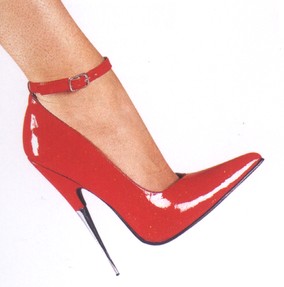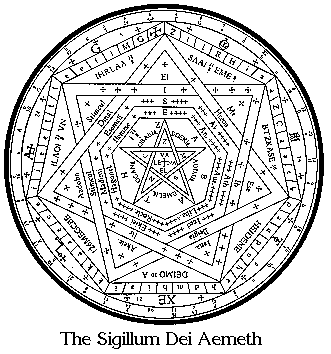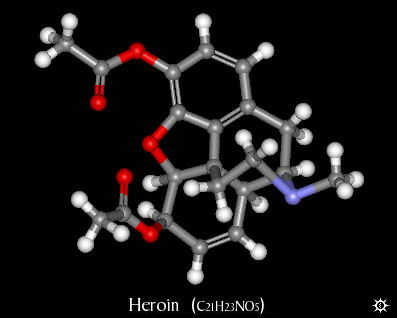So today we were out and it was
very, very cold, and it was lunchtime and we were kind of hungry, so we ducked into
Quizno's, which makes just about the most delicious subs imaginable. They have like twenty-seven varieties but I always end up getting the same one, the
Chicken Carbonara, because it's so tasty.
And you will probably have guessed that I wondered how anything carbonara got its name, and so of course I came home and looked it up.
The answer's
really disappointing.
Answers.com says,
Carbonara comes from carbone, which is Italian for coal, and many believe the dish derives its name because it was popular among charcoal makers. Others believe, however, that the dish is called carbonara simply because of all the black, freshly milled pepper that is used.Both of these possibilities are extremely unsatisfying, to say the least. They're all we've got, though.
The Chicken Carbonara sub, of course, isn't really. It has more of an alfredo sauce with bacon in it. Still pretty damned tasty, though. (Fettuccine all'Alfredo is named for restaurant owner Alfredo di Lello, and consists of a sauce of butter, cream, parmesan cheese, and black pepper on fettuccine noodles.)
Now, if you Google recipes for fettuccine all'Alfredo, you will be barraged with all kinds of nonsense about melting the butter and the cream and the Parmigiana together, and I'm here to tell you that
that's all wrong; the cheese will be overmelted and the whole thing will be too greasy. I'm going to tell you the correct way--the
only way--to make proper fettuccine all'Alfredo, and you will thank me for it, though I can't say I'd advise you to make this too often, or you'll probably be making an unscheduled trip to the cardiologist. (Those
well-meaning spoilsports at CSPI called it
"a heart attack on a plate", and seriously, what a bunch of wusses! Better fifty years with the occasional dose of glorious fettuccine than seventy years without.)
+
1 pound fettuccine noodles
1/2 cup unsalted butter at room temperature
1 cup whipping cream (32%)
1 cup shredded or grated parmesan cheese
Cream the butter. Stir 1/3 of cheese into butter. Stir in 1/3 of cream until cream is absorbed. Repeat until all cheese and cream are incorporated. Grate in lots of black pepper. Boil fettuccine
al dente. Drain pasta and return to pan over heat. Top with sauce and stir until butter and cheese are melted. Serve immediately on heated plates with more cheese grated on top. Serves four, in theory.
+
If you use that Kraft stuff in the green plastic canister, a curse will be on your head and your taste buds will rot off. Use good parmesan, dammit! Make this a dish worth the eating!





